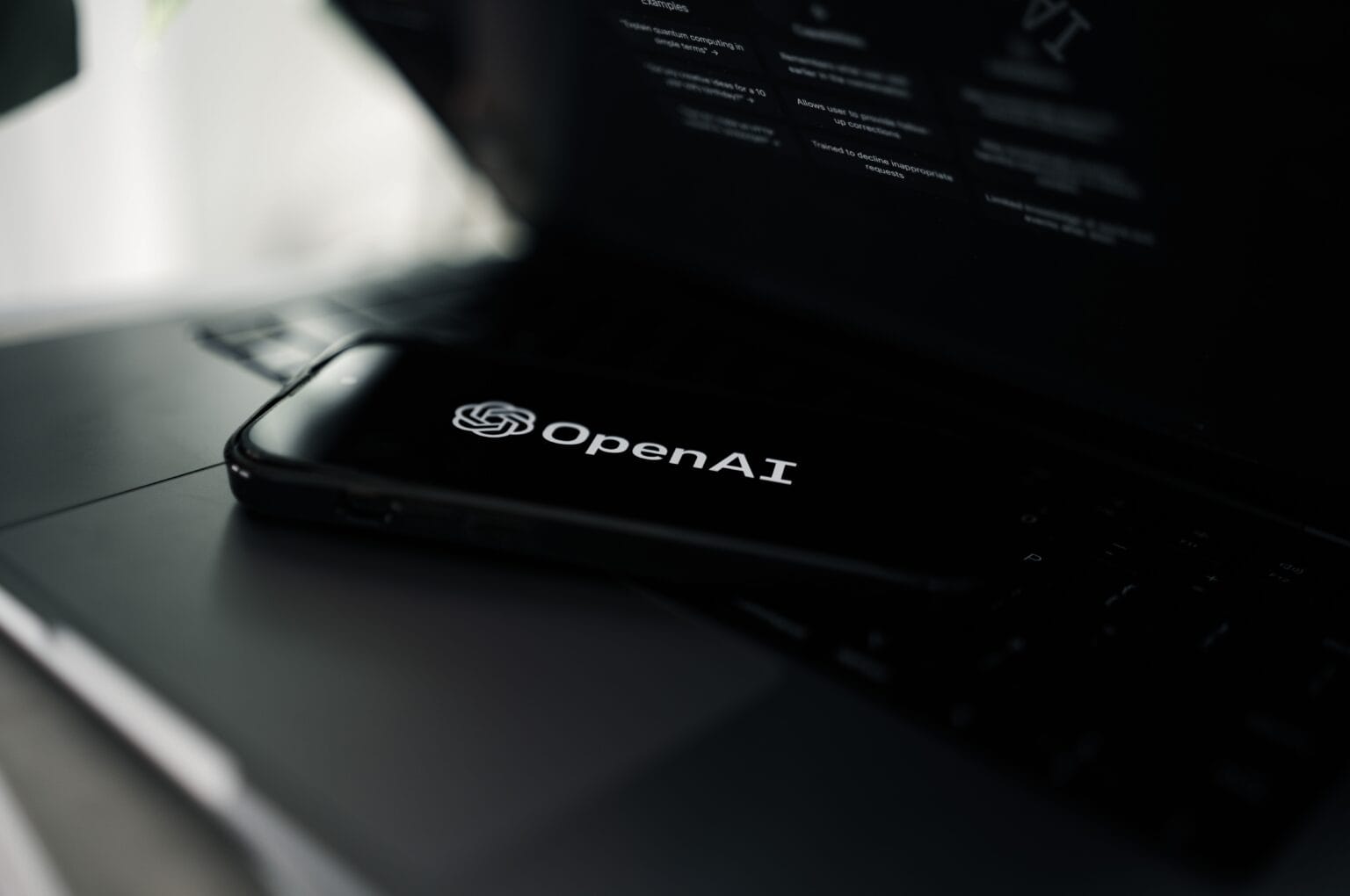The field of artificial intelligence is exploding, but how will this development affect your professional life?
Thanks to the popularity of ChatGPT, artificial intelligence has become the hottest topic in technology right now. OpenAI, a Microsoft-backed company, created an AI-powered chatbot capable of answering questions, writing essays, and even arguing legal cases.This has both impressed and shocked people.
People are also thinking about how, when, and if artificial intelligence might change their jobs and careers because of what it can do. Even though people are worried that AI-based technology will take over their jobs, experts say it’s not that simple.
Adding or taking away jobs?
When asked if AI will replace some jobs, the short answer is a big “yes.”
Steven Miller, professor emeritus of information systems at Singapore Management University, says that improvements in artificial intelligence mean that technology can do more and more. This will, of course, have an effect on jobs.
Miller says that this is more likely to happen in some jobs than in others. This is especially true for jobs that are very repetitive or that are based on very clear rules or instructions about what needs to be done.
On the other hand, it’s harder for technology to take over jobs that change often and require things like adaptability and flexibility.
Dimitris Papanikloaou, a professor of finance at the Kellogg School of Management at Northwestern University, says that jobs that have a lot to do with people, like being a therapist, are less likely to be taken over by technology. “Jobs that rely on people’s skills are much harder for an AI to take over,” he says.
Are there new jobs coming up?
Steve Chase, who is in charge of consulting at KPMG in the U.S., says that the worries aren’t strange. “When new technologies come out, it’s normal for workers to be afraid of losing their jobs and having to move.”
But there are a few things to keep in mind, he adds.First of all, similar changes have happened before. For example, the spread of computers and the use of more advanced and specialised machines in factories are both examples of this.
These factors influenced how and what people worked on.They also made some jobs obsolete, but we can’t imagine life without them now.
Miller says that this is a process that has been going on for hundreds of years and that history shows that when jobs are lost because of new technology, other jobs are created in their place.
“The number of jobs lost has been far less than the number of new jobs created,” he says. “This is because the ability to make and deliver new kinds of goods and services has led to a lot more new jobs than it has taken away.”

AI should be used, not fought.
Papanikloaou says that AI and the technologies and products based on it are still limited in some ways.
“I don’t think we’re very close to “real AI” right now, because all the models we have are based on guessing the right answer given a set of data. “A lot of what AI does is put together different pieces of information to reach a certain goal,” he says. “This doesn’t teach us anything new at all.”
He says that for now, it’s more likely that people will work with artificial intelligence instead of being replaced by it. “There are a lot more ways to use AI to help people do their jobs than to do their jobs for them completely.”
Chase agrees and says that many businesses use AI to improve efficiency or help employees in other ways.
“Leaders are using AI to make their businesses more efficient and to help their employees do their jobs better,” he says. “Using AI lets organisations change roles so that people spend less time on repetitive tasks and more time making strategic decisions.”
Chase says that for this to work, businesses need to change. This includes teaching employees how to use AI in a responsible way, helping them improve their skills, and helping them learn new ones. He said that this is already being done by some companies.
So, AI algorithms and technology based on them might not replace people’s jobs right away, but they are likely to become a bigger part of everyday work life, and this could happen sooner rather than later.
